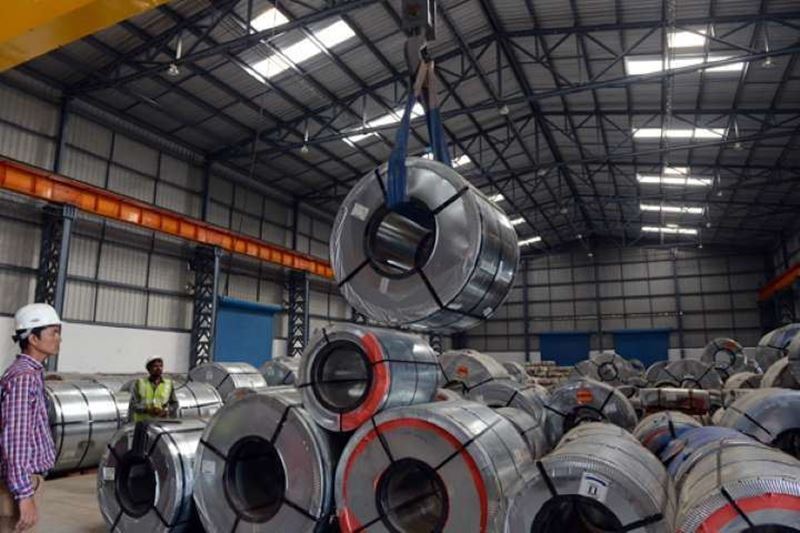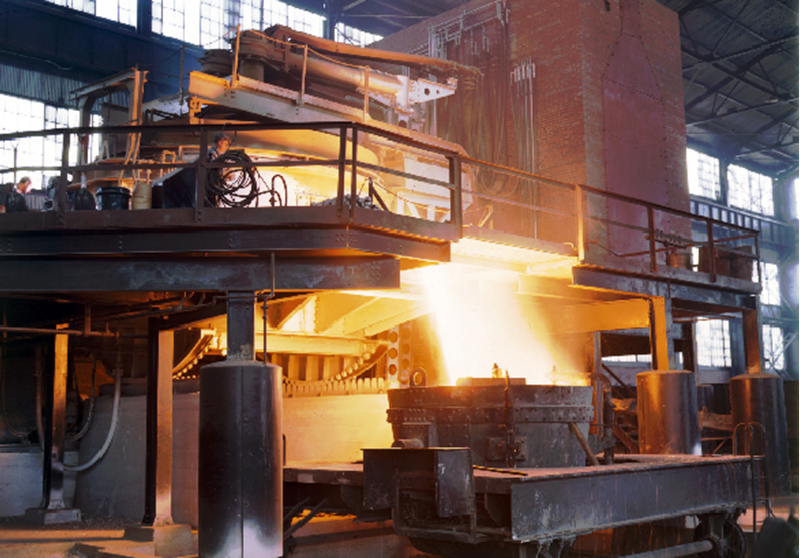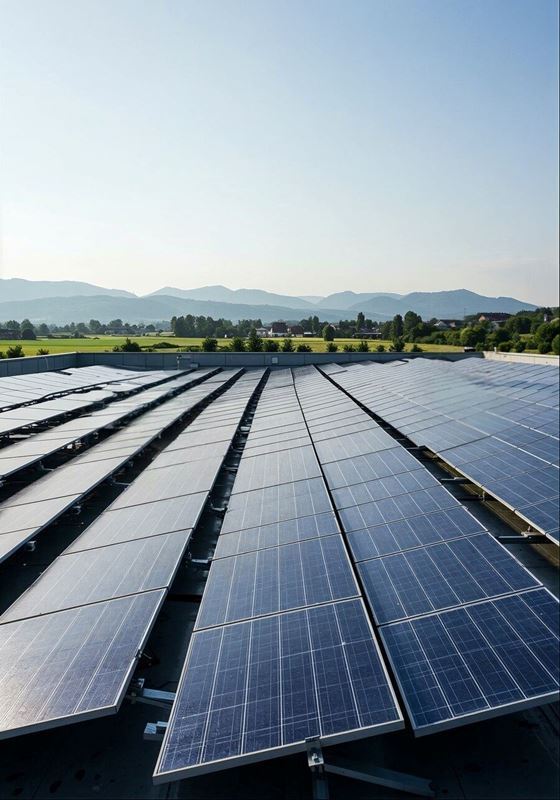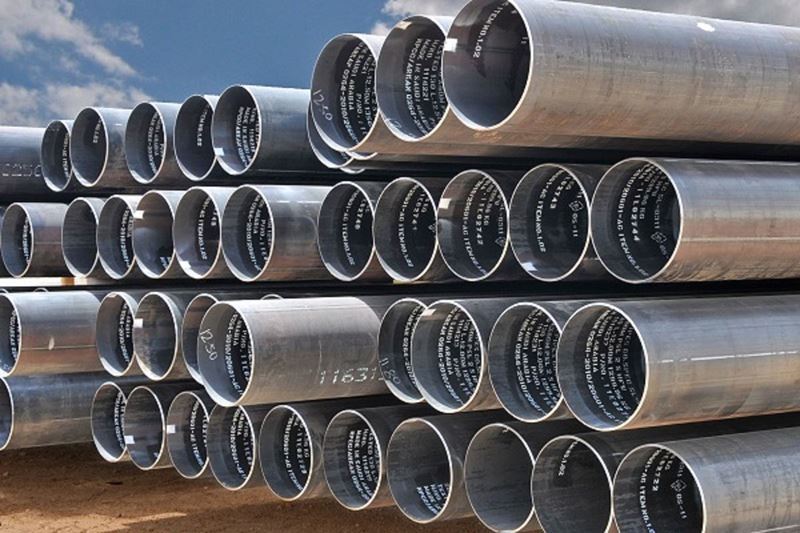This will make it possible to retroactively impose anti-dumping and countervailing duties when the necessary legal conditions are met.
Sources close to the matter noted that retroactive duties could also be applied in the Commission's anti-dumping investigation opened last month into HRC imports from Egypt, India, Japan and Vietnam.
However, retroactive duty collection is not automatic; this decision is considered separately at the final stage of each investigation.
By registering imports, the aim is to prevent a sudden surge in imports of the relevant products during the investigation process. It will also allow the European Commission to have more precise data on import volumes, sources of products and market developments. The Commission expects that this procedure will help ease the burden on the industry and make investigations more transparent.
Prior to this decision, import registrations were usually only made on requests from European Union (EU) industry. However, the latest decision aims to make more effective use of trade defense mechanisms. Member States' customs authorities will also carry out these registrations in accordance with the rules set by the Commission.
In an unprecedented move, the European Commission has launched anti-dumping proceedings against HRC imports from Egypt, Japan and Vietnam, despite the fact that quotas have been imposed on these countries. This step is seen as a reflection of EU steel industry representatives' concerns about the struggle for survival of domestic production, which is struggling to compete between high import rates and increasing production costs.
Based on this information, it seems that the EU's steps to protect the steel sector could have significant implications for global trade policies.











Comments
No comment yet.